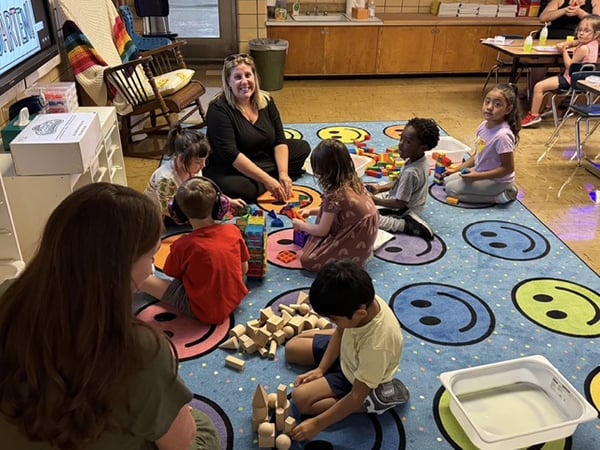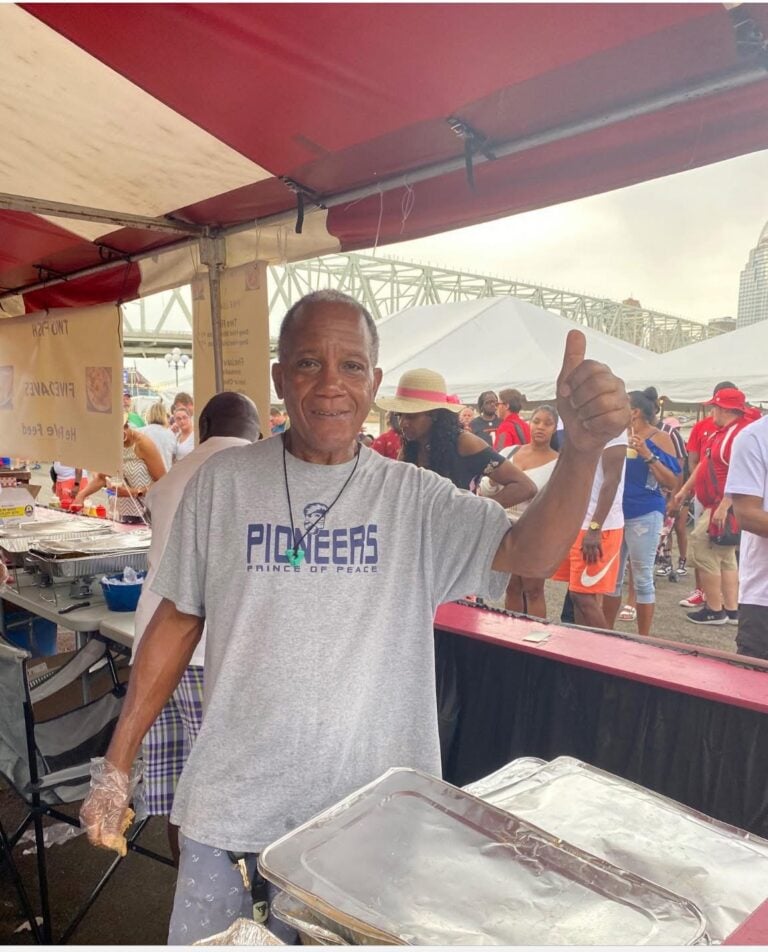By Buck Ryan and Yao Yu
Special to the NKyTribune
When Robert Worth Bingham bought the Louisville Courier-Journal and Louisville Times in 1918, he embarked on a mission to create farm cooperatives, improve education and support the rural poor.
But did he think of himself as a “community developer”?
Community developers, like newspaper publishers, have their own industry associations, national conferences and professional standards. But do they share “core competencies”?
An article for the Community Development Society lists seven skills under the title, “Towards a robust democracy: the core competencies critical to community developers.” Take the test: Do you have them all?
Try listening
According to the authors, John Gruidl of the Illinois Institute for Rural Affairs at Western Illinois University and Ronald Hustedde of the University of Kentucky’s Community and Leadership Development faculty, here are the first three “foundational” competencies.
Now hear this: the first skill is “listening.” Forget free speech for a moment and open your ears. How well do you listen to your staff and your readers?
“Scholars tend to focus more on the speech associated with democratic political noise and disagreements,” the authors say, but “democratic practice depends on deep listening in order to understand others and to build a climate of trust.”
Now feel this: the second foundational competency is “emotional awareness.”
“Recent research into cognitive and emotional development indicates that emotions play a larger role in human thought, decision-making, and action than previously recognized,” the authors say.
If rational, reasonable thought doesn’t work, then tune into emotions to better understand why your staff members act as they do, why sources say what they do, and why advertisers choose to spend money, or not spend money.
Now find your humble self amid the “hyperpolarization”: the third foundational competency is “cultural awareness and humility.”
A “new pluralism” is creating tensions along racial, ethnic, cultural and gender lines, not to mention sexual orientation and political ideologies, the authors say, as lower income groups are “less likely to be fully involved in the democratic process.”
Coming to grips with all you don’t know is the first step to giving voice to the voiceless.
Now for the four “functional competencies”: orchestrating public deliberation, effectively managing collaboration in groups, leading positive change by focusing on what is functioning best in your organization and creating a climate where people can identify and mobilize their abilities.
“At its best, deliberation enables citizens to solve problems while maintaining relationships with people among whom they disagree,” the authors say.
Your newspaper has the power to help citizens “reach a common understanding of the options and the trade-offs.”
Next, sharpen your facilitation skills: “Well-functioning groups produce … better thinking, buy-in, and decisions,” the authors say.
That’s true in the newsroom with teamwork and in the community when your editorial page creates a public forum for citizens to come together.
Then to lead positive changes at your newspaper or in your community, try “appreciative inquiry” and “asset-based” mapping.
The core strengths?
“Every living system has a hidden core of strengths, which can be tapped for a sustainable source of positive energy for transformation,” the authors say.
Your newspaper can help the community recognize and map the assets of its individuals, associations and institutions, “strengthening relationships among organizations and leaders within the community, designing a vision of the community’s future and leveraging resources from organizations outside the community.”
The last functional competency, “empowerment,” is defined as “creating a climate for groups to identify and mobilize their abilities to bring about social, economic, or political change.”
This competency “enables community developers to analyze the sources of power in the community and work to restore initiative to disempowered sectors, organizations and individuals.”
Community developers, eh? Sounds like newspaper publishers who strive to comfort the afflicted and afflict the comfortable.
Newspaper publishers will never be confused with community developers, but the authors’ exploration of essential skills inspired one last possible connection.
The authors say training for community developers is often uneven because of a lack of agreement about core competencies. Perhaps the same can be said for the training of newspaper publishers.
When Bert T. Combs was a candidate for governor in 1955, or so the story goes, he borrowed a line from John Ed Pearce that speaks to the power of the press as a community developer:
“Only two things hold together the people of Kentucky — the University of Kentucky and the (expletive) Courier-Journal.”
Buck Ryan is a journalism professor at the University of Kentucky. He is mentoring Yau Yu, a journalism graduate student at Jilin University in China, on her study of community journalism.
Editor’s note: A version of this article was first published in the September 2015
issue of The Inlander, the official publication of the Inland Press Association, based near Chicago.


















